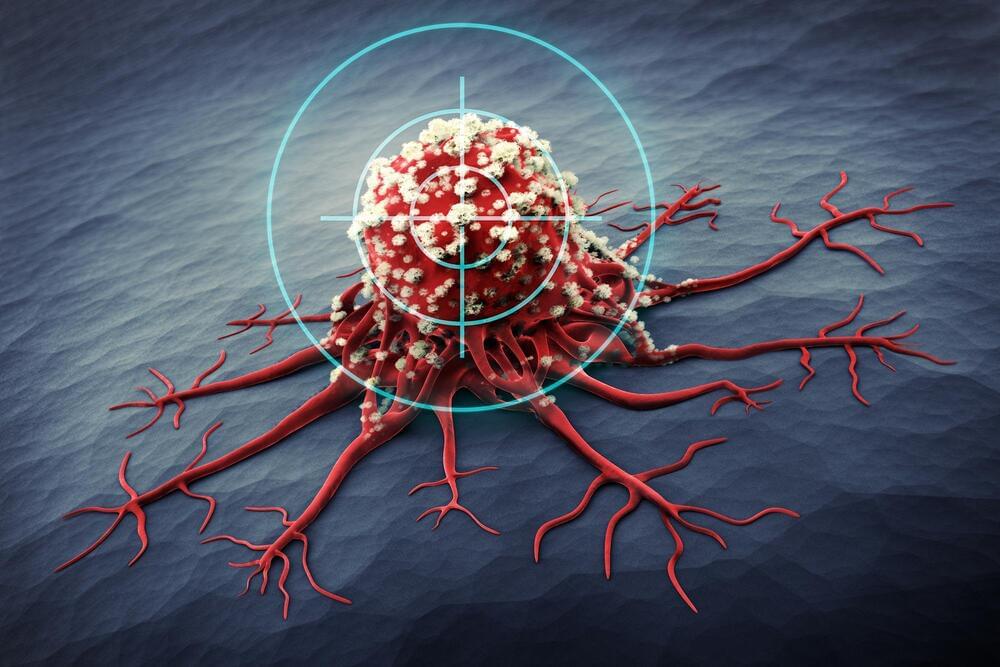Patients with late-stage cancer often have to endure multiple rounds of different types of treatment, which can cause unwanted side effects and may not always help.
In hopes of expanding the treatment options for those patients, MIT researchers have designed tiny particles that can be implanted at a tumor site, where they deliver two types of therapy: heat and chemotherapy.
This approach could avoid the side effects that often occur when chemotherapy is given intravenously, and the synergistic effect of the two therapies may extend the patient’s lifespan longer than giving one treatment at a time. In a study of mice, the researchers showed that this therapy completely eliminated tumors in most of the animals and significantly prolonged their survival.
